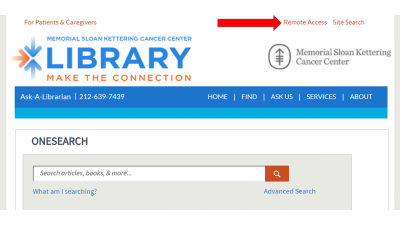The scholarly communication landscape, especially over the last five years, has been changing rapidly. A noteworthy “new kid on the block” that has recently seen a big increase in availability, visibility, and use, is a category of resource type often referred to as “Interim Research Products”.
Interim research products are basically research documents that are shared publicly prior to their final publication in a peer-reviewed scholarly journal. In other words – keeping in mind that there are multiple definitions by different stakeholders that continue to evolve in this space – they are: research products that become part of the public scientific record without yet having been confirmed by peer review.
Most common among them are preprints and preregistered protocols. Recent discussions of these two types of interim research products that may be of interest:
1: Xu J, Zhang L. Will Medical Preprints Change Oncology Practice? JAMA Oncol.2020 Feb 20. doi: 10.1001/jamaoncol.2019.5972. [Epub ahead of print] PubMed PMID:32077893.
2: Schiavo JH. PROSPERO: An International Register of Systematic Review Protocols. Med Ref Serv Q. 2019 Apr-Jun;38(2):171-180. doi:10.1080/02763869.2019.1588072. PubMed PMID: 31173570.
Funding agencies like the National Institutes of Health (NIH), among others, have started encouraging the use of interim research products as they may potentially improve the rigor of research work and speed up the dissemination of research results, not to mention allow for more transparency in the research process.
For example, the rapid sharing and dissemination of research findings is a critical goal of the National Cancer Institute (NCI)’s Cancer Moonshot Initiative as a way to accelerate cancer research. Specified in their documentation is the requirement “that all publications and data resulting from Cancer Moonshot funded initiatives will be required to be immediately accessible“.
From their Cancer Moonshot Public Access and Data Sharing Policy website:
“Much of the urgency highlighted by the Cancer Moonshot and in the Blue Ribbon Panel’s recommendations to the National Cancer Advisory Board (NCAB) in 2016 emphasizes that the rapid availability of cancer publications and the primary data behind it promotes dissemination of new knowledge, enhances reproducibility, and accelerates the ability of researchers to build upon cancer research to make new discoveries.”
With this aim in mind, the Cancer Moonshot Initiative uses a broader definition of “publication” and “publish” than is traditionally used on their funding information website, and one that is more inclusive of interim research products. More specifically:
- Publication: A “Publication” includes (a) published research results in any manuscript that is peer-reviewed and accepted by a journal1 or (b) a complete and public draft of a scientific document (commonly referred to as preprint).2
- Publish: To “Publish” means to report in a publicly accessible manner.
For more information about finding and citing interim research products, be sure to Ask Us at the MSK Library.
